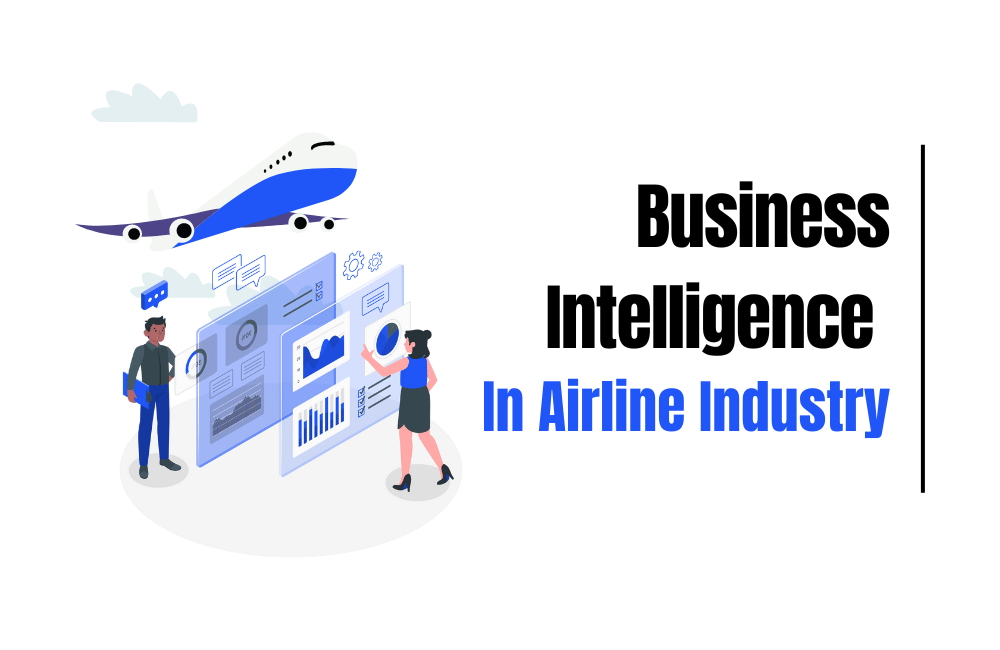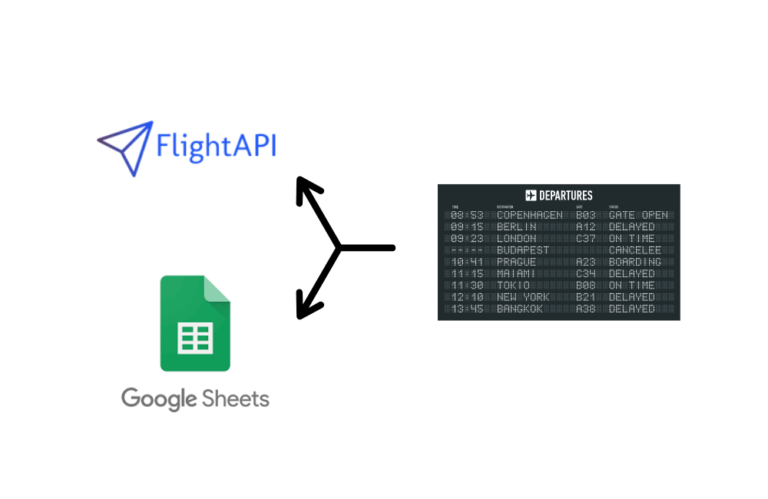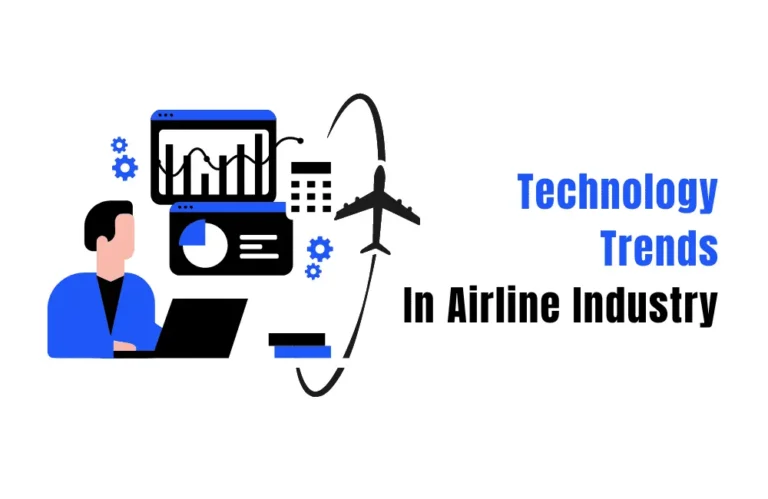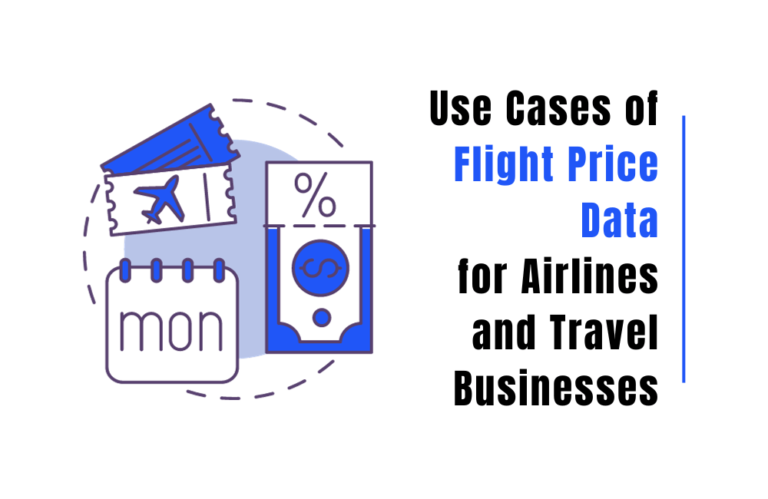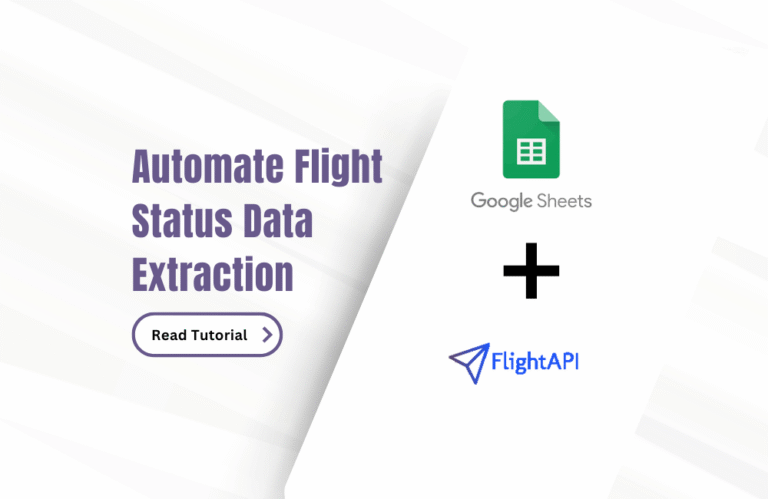Role of Business Intelligence in the Airline Industry
In the airline industry precision and efficiency are paramount. No wonder, the adoption of Business Intelligence (BI) is surging significantly.
According to a Statista report, by 2022, approximately 50 % of airports are poised to leverage BI for optimizing aircraft turnaround, and these numbers are continually growing.
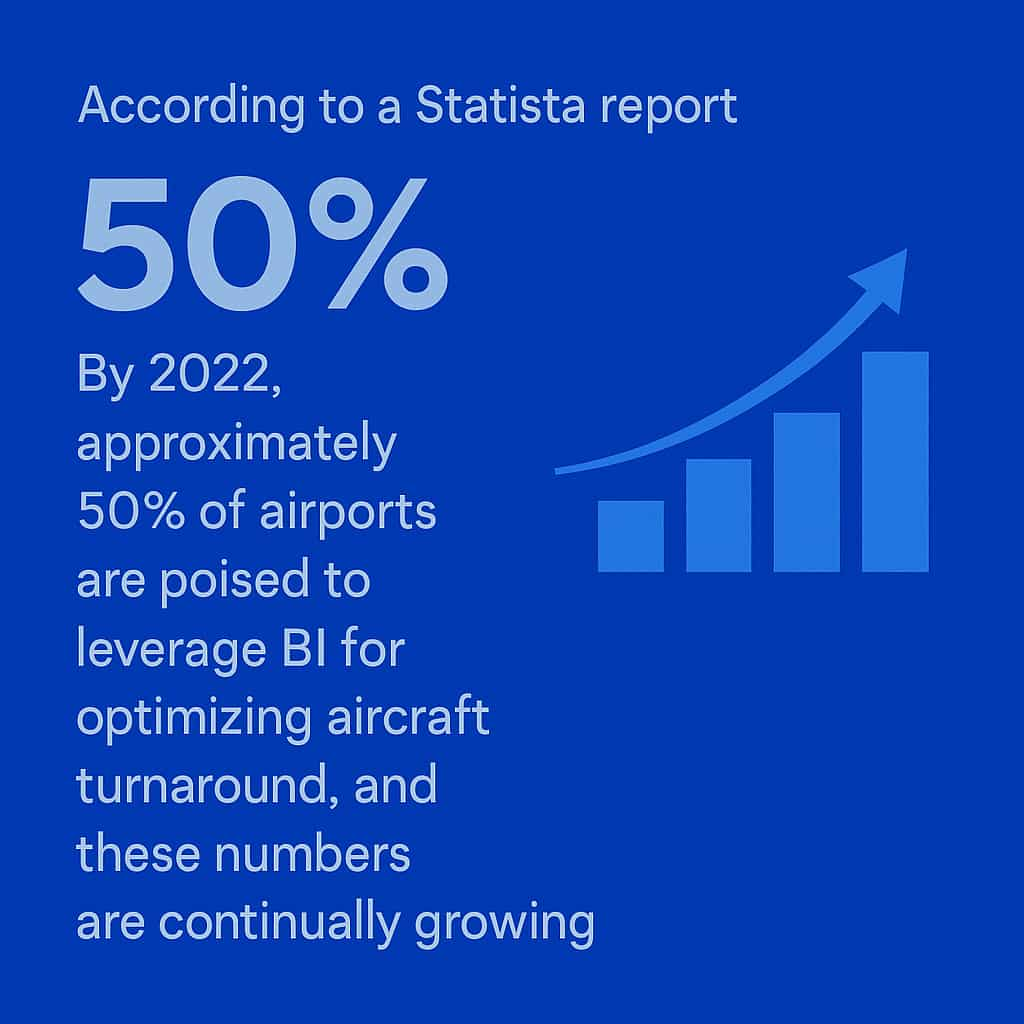
Business intelligence uses data to provide valuable insights, helps airlines make smart decisions, and improves how they operate.
Without it, airlines run the risk of operating without proper guidance which can lead to operational inefficiencies and missing growth opportunities
Business intelligence is an essential weapon for the airline industry to make their business thrive. In this article, we will talk about how to do that.
So, let’s get started.
How Airlines Can Use Business Intelligence?
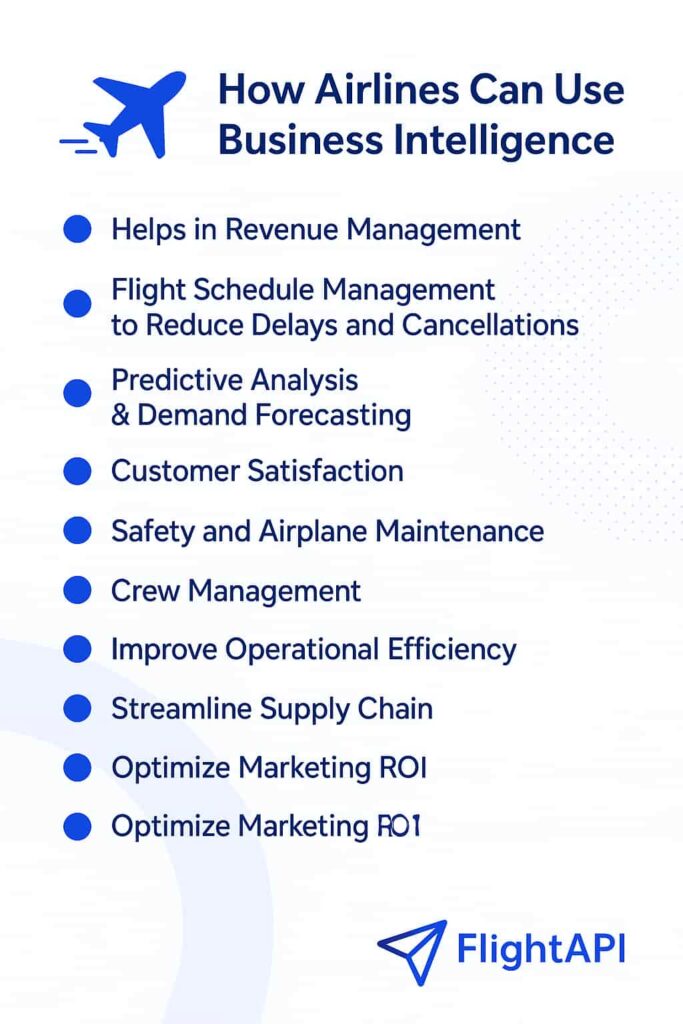
1. Helps in Revenue Management
Airlines use BI tools to analyze historical data, weather patterns, and competitors pricing data to optimize their pricing strategies. They use flight prices API to check competitors’ prices and various weather forecasting and observation tools for weather insights.
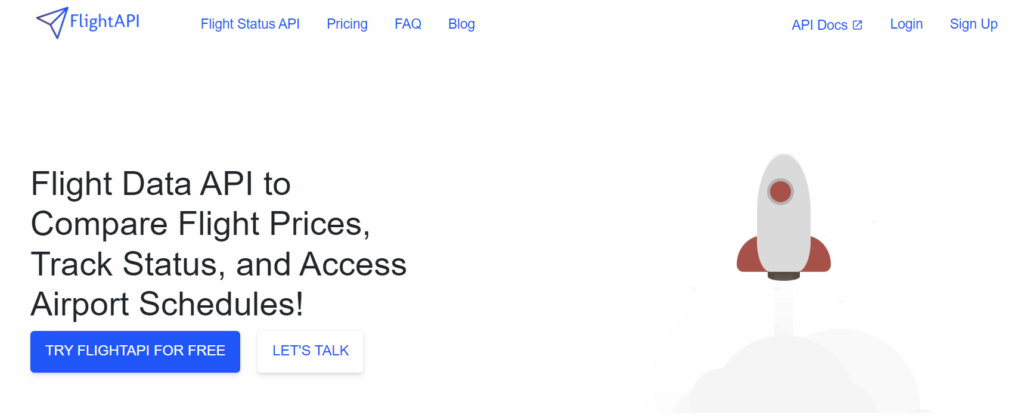
Apart from this, by using business intelligence airline businesses can understand customer behavior and market trends to make informed decisions for maintaining inventory levels to avoid excessive and underbooking, because using either one is bad for sustainable revenue growth.
Overbooking can lead to unsatisfied customers, which affects the reputation and future bookings, and fewer bookings simply lose profit.
2. Flight Schedule Management to Reduce Delays and Cancellations
BI, combined with the Flight Tracking API, allows airlines to monitor flight status and tracking data in real-time.
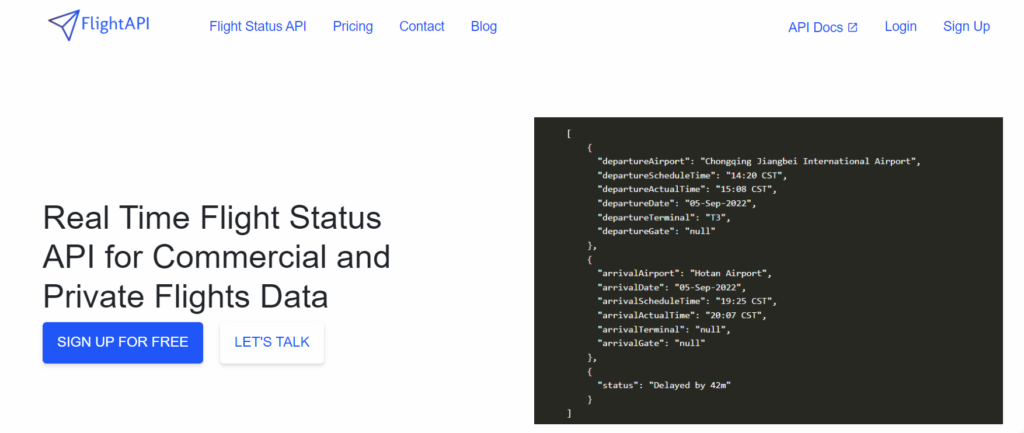
This data is crucial for reducing delays and cancellations by helping airlines proactively address potential issues that can cause delays on time. You can even visualize and manage this data using a Google Sheets flight tracker, making it easy for operations teams to stay updated without switching between tools.
Through continuous monitoring and analysis, airlines can optimize operational efficiency, minimize disruptions, and ensure a smoother travel experience for passengers.
3. Predictive Analysis & Demand Forecasting
Demand forecasting in the airline industry is a complex task involving considerations such as economic conditions, seasonal fluctuations, holidays, and local events.
BI tools assist airlines in accurately predicting passenger demand on specific routes at different times of the year by incorporating flight price forecast data.
By optimizing flight schedules based on these forecasts, airlines can efficiently meet customer demand, which avoids both empty seats and overbooking scenarios.
4. Customer Satisfaction
Customer reviews and comments on social media can make or break any business including the airline.
Business intelligence comes here for rescue. It allows airlines to improve customer satisfaction by automating high-volume requests, identifying staff training needs for faster issue resolution, and promptly addressing systemic issues.
In addition to that, business intelligence enables predictive scheduling based on anticipated service volumes, efficient allocation of staff across channels, and cost-effective operations.
Monitoring overflowing requests allows airlines to address key issues, correlating satisfaction scores with performance metrics for targeted improvements to ensure a seamless and satisfying passenger experience. To streamlines this process even better, you can integrate workflow automation that will help you in swiftly managing requests and enhance overall efficiency.
5. Safety and Airplane Maintenance
Safety is a top priority for airlines, and BI plays a crucial role in ensuring it.
Airlines analyze flight data, maintenance records, and incident data using BI tools to identify patterns and potential risk factors.
Additionally, BI is instrumental in monitoring weather conditions, air traffic control information, and other variables that impact safety in aviation.
In addition, by analyzing data on the performance of various aircraft parts and systems, airlines can proactively identify potential issues and schedule timely maintenance or repairs that ensure the safety of passengers and the longevity of the fleet.
6. Crew Management
Business intelligence is also utilized in crew management to optimize resource utilization.
By analyzing data from past flights, airlines can identify patterns in crew usage and make data-driven adjustments.
For example, if a certain flight type requires more crew members, BI applications help in analyzing and assigning the appropriate number of crew members based on individual skills and strengths to those flights.
7. Improve Operational Efficiency
It’s quite hard to improve operational efficiency while being in an industry that collects an abundance of revenue but can’t keep much profit.
Well, business intelligence emerges as a solution to this, as it offers insights into critical areas such as passenger boarding, flight maintenance metrics, and flying operations.
By addressing issues that cause delays, optimizing processes, and streamlining flying times, airlines can reduce costs and improve overall performance.
Furthermore, through BI they can do predictive analytics to do proactive planning for potential delays and schedule changes to stay prepared and responsive which ultimately improves operational efficiency.
8. Streamline Supply Chain
Handling the supply chain is not simple. One tiny mistake can cause big losses. Therefore, to mitigate mistakes, Business Intelligence is crucial.
This helps to trade the fine line between excess inventory costs and lost sales.
By harnessing predictive analytics, airlines fine-tune in-flight offerings, optimize inventory to meet demand, minimize waste, and maximize revenue at every turn.
9. Optimize Marketing ROI
In the online era of information overload business intelligence can help airlines to grab customer’s attention.
By analyzing marketing spend versus revenue and gross margin across various media, BI facilitates the optimal allocation of resources. Additionally, examining budget allocation to different demographics helps in precise targeting.
Plus, by leveraging predictive data analytics, airlines can forecast potential revenue from diverse channels which enhances the efficiency of marketing spend.
Conclusion:
For airlines, Business Intelligence is like a reliable guide. It helps them make smart decisions, from making more money to keeping things running smoothly and the customers satisfied with their services.
As technology keeps advancing, Business Intelligence is becoming the must have for airlines to stay ahead in the game.
Alongside BI, leveraging specialized APIs for airline operations can further enhance how airlines manage scheduling, pricing, tracking, and other mission-critical tasks.
If you’re in the airline industry, start utilizing business intelligence to make your business thrive.

